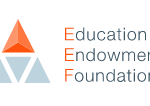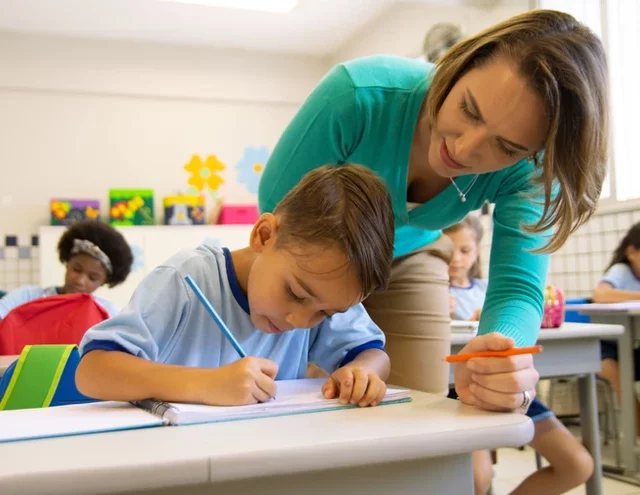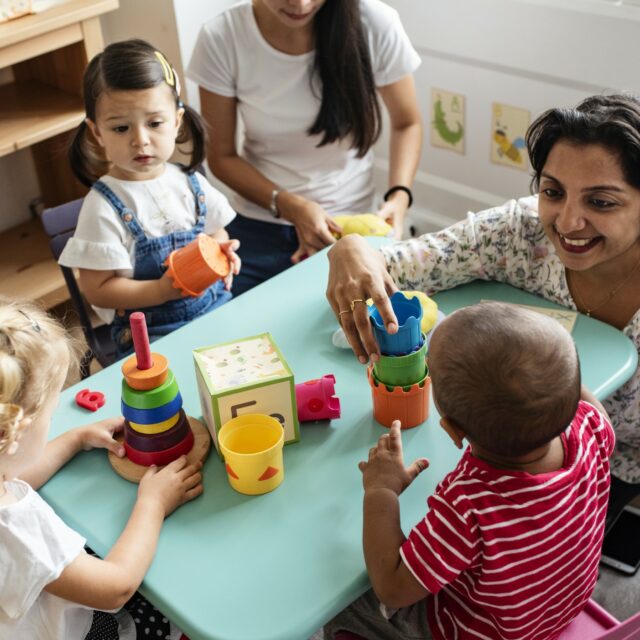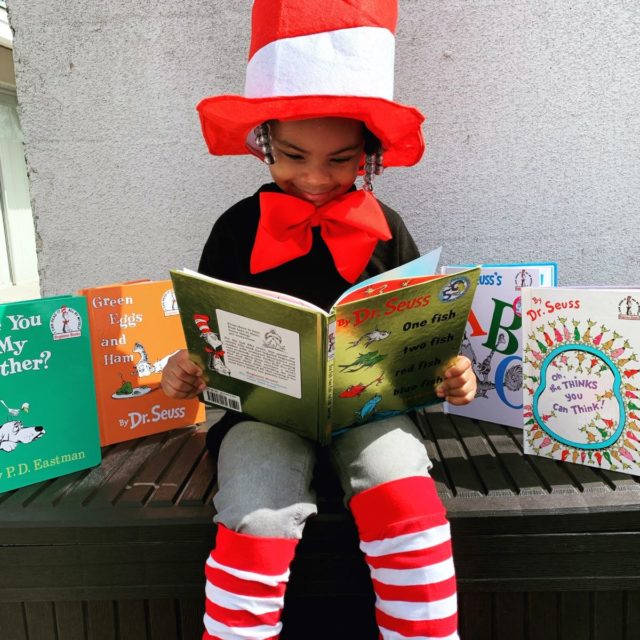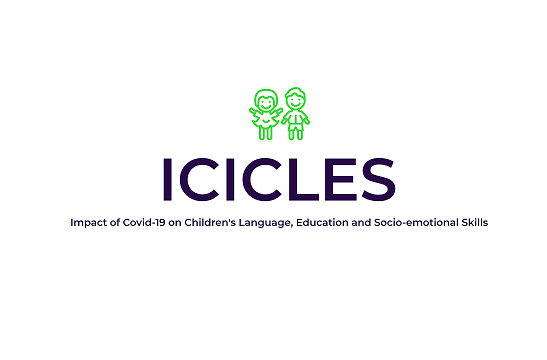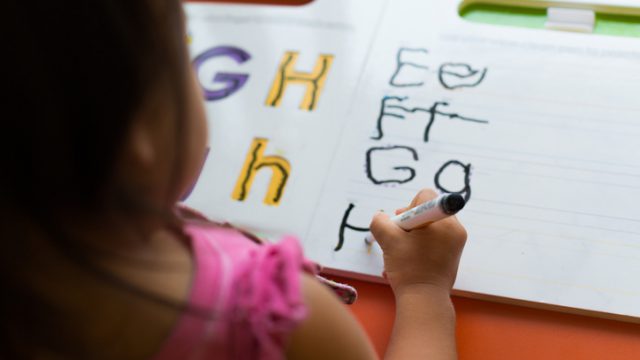Evaluation of Tips by Text
This project is evaluating the Tips by Text programme, a text message curriculum for parents which aims to improve young children’s literacy, language, numeracy and socio-emotional skills.
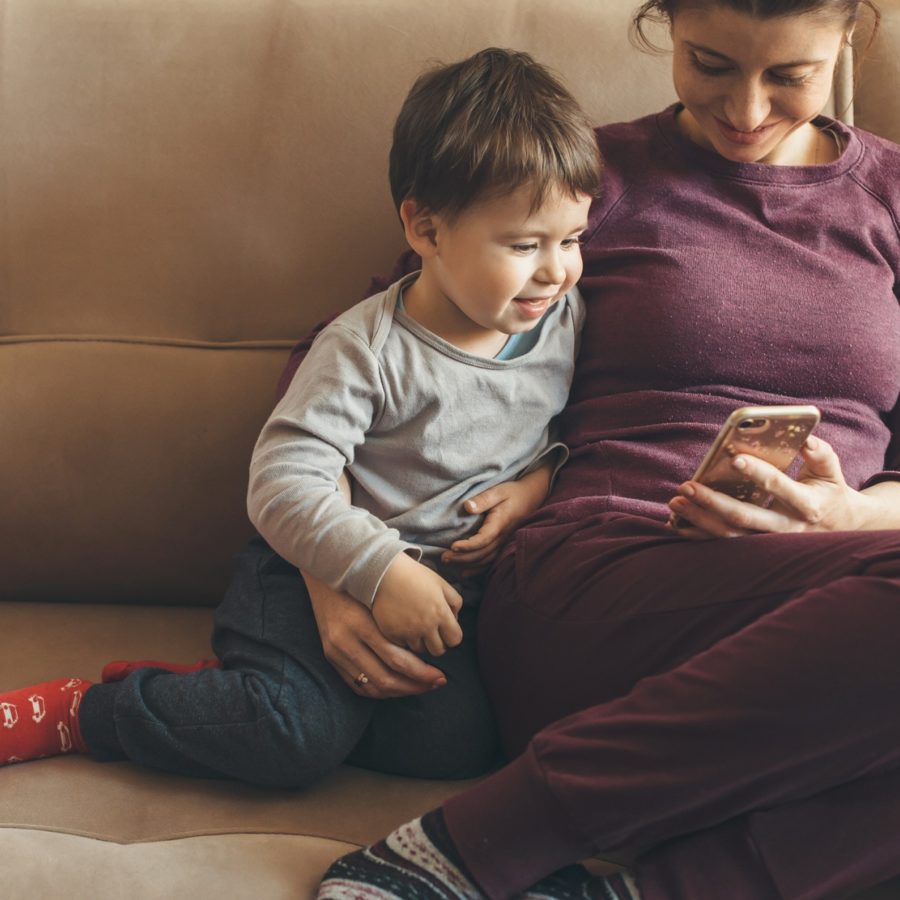
Summary & aims
The text messages are designed to provide parents with information and strategies to help their children’s development outside of the school environment.
Methodology
Existing studies of similar interventions outside of the UK have shown positive impacts of a texting programme on children’s literacy outcomes. For this study, the texting programme has been adapted to the UK context by the Behavioural Insights Team. The evaluation includes a randomised controlled trial, examining whether the programme has a positive impact on children’s literacy skills and socio-emotional outcomes. The evaluation also includes an implementation and process evaluation, exploring how the programme is implemented and the barriers and facilitators to implementation.
This evaluation was conducted in partnership with the Institute for Employment Studies.
Further information about the project can be found at Tips by Text.
Findings and Recommendations
Tips by Text took place in an unprecedented time, and the results of the evaluation need to be interpreted with this in mind. Not only did the trial experience significant attrition (approximately 70%), as far fewer post-tests could be completed due to Covid-19, but children experienced substantial disruption to their education and lives during this time, in a way that could not have been envisaged at the start of the evaluation.
However, that said, the following findings were realised:
- Children whose parents received the Tips by Text programme showed no additional progress on a measure of literacy skills compared with children whose parents had not received the programme. There was also no statistically significant impact of the programme on children’s socio-emotional outcomes
- Amongst pupils eligible for free school meals, the estimated effect size for literacy skills was equivalent to one month’s additional progress. However, this was not statistically significant and should be interpreted with caution
- Parents reported that the texts were useful, were delivered at the right frequency, and that they were pitched at the right level with appropriate content. Most parents were using the tips but were cautious when describing impacts due to it being hard to attribute change due to the Covid-19 pandemic. A small number of parents felt that the texts were similar to what they were already doing with their children and did not use them. Teachers were unable to comment on impacts as they were not involved in the delivery of the programme
The study does lend support to previous research indicating that three messages per week was an optimal number of messages. The study also supported other research in finding that text messages were an easy way of delivering to parents that was generally well received. However, prior to any potential future roll-out, because through the study it became evident that parents’ phone numbers changed regularly, there should be consideration on the manpower needed to keep this information up-to-date. It could be quite burdensome on schools.
The full evaluation report and findings can be downloaded from the Education Endowment Foundation website.
Co-Investigator


